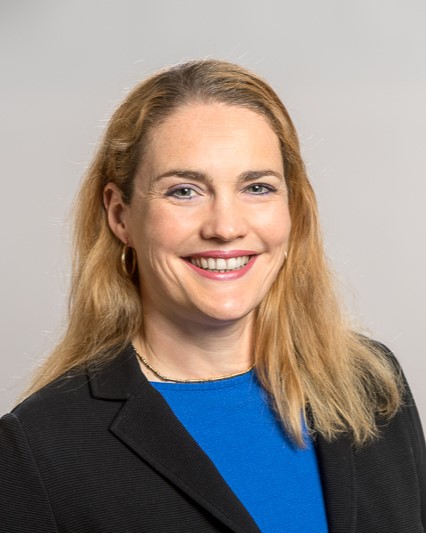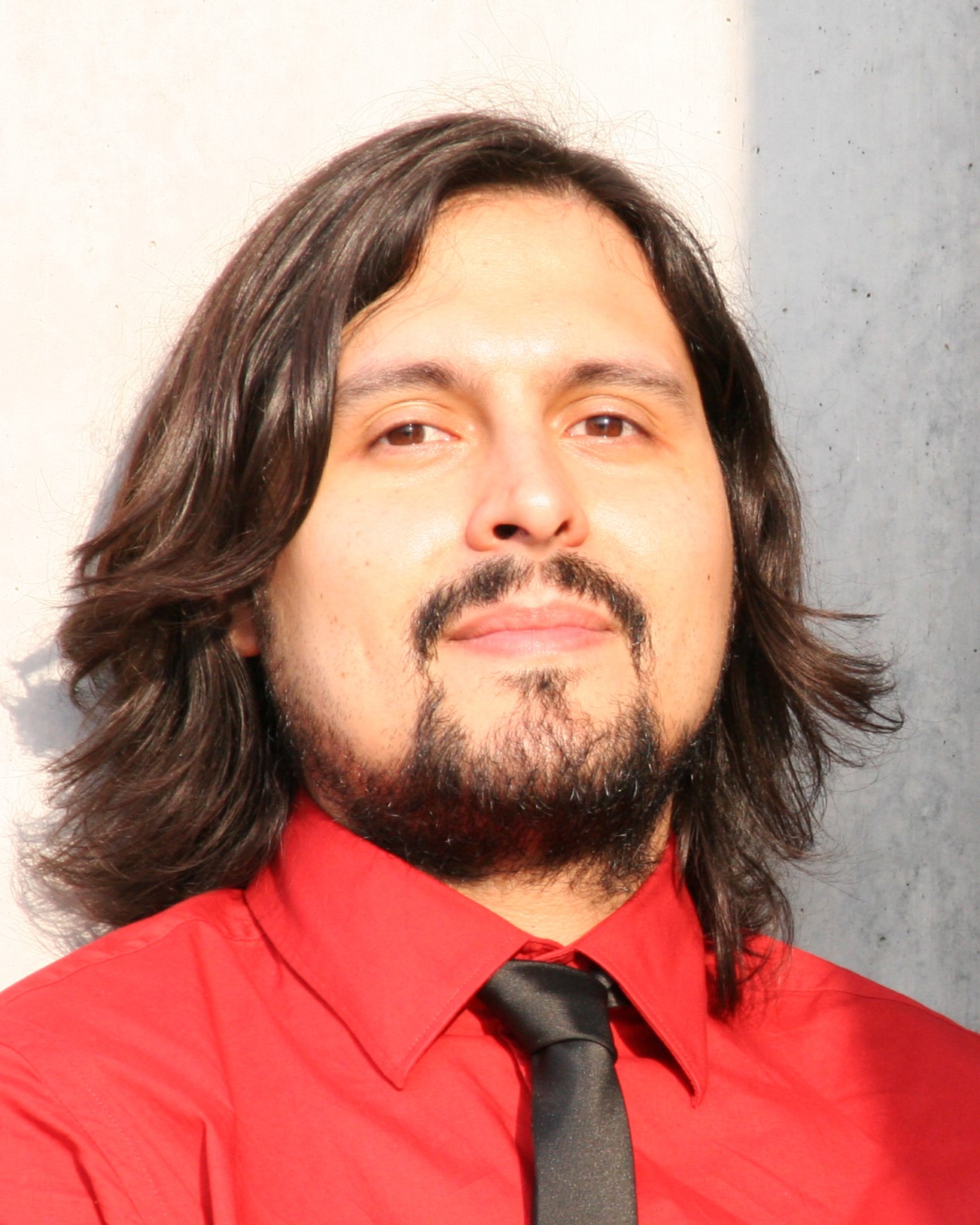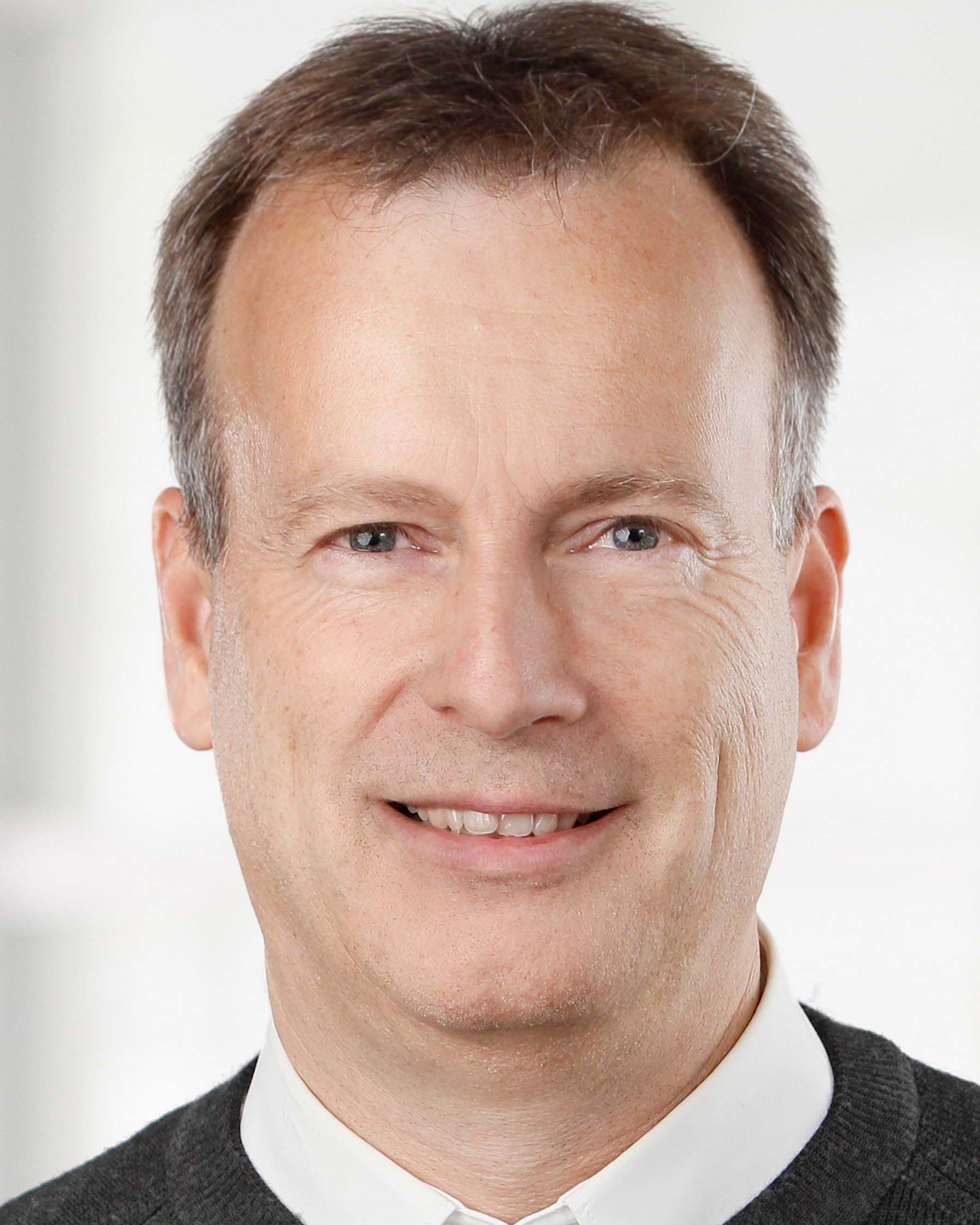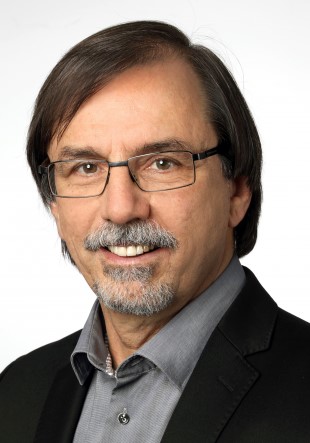Panel
Automated Modeling: Utopia or Reality?
We are in the year 2030. Customer and IT consultant stand at the ModGenAI electronic whiteboard and discuss a possible optimization of a business process through IT. Coffee break! When the two return from the coffee kitchen, ModGenAI has generated the first complete model of the IT application under discussion! Utopia or reality? Desired?
This topic of the automation of activities in software development through the use of AI-based technologies and the influence on the job profile of employees in the IT industry highlights one of the areas of tension that exist today.
- This involves the tension between purely human work, support from assistance systems and fully automated processes.
In addition, there is a whole series of other areas of tension that should be discussed and understood. These include:
- Is the use of AI-based systems a purely technical, computer science issue or does it need to be considered in an interdisciplinary, holistic way?
- Are AI-based systems always influenced by the selection of data used ((un)conscious bias) or can they also be based on objective, pure truth?
- Should the tension between opacity and transparency always be discussed and regulated when using AI-based systems?
- Should there be state (national, European, international) regulations or no regulations?
- Is it to be expected that the availability of new technological possibilities will have a major impact on what is currently feasible in AI-based systems (e.g. use of new processor technologies)?
- Is it to be expected that limited resources will restrict the use of AI-based systems in the future?
- Will an individual’s demand for self-determination regarding the use of personal data restrict the use of AI-based systems in the future?
These and other areas of tension will be addressed in the interactive discussion between panel participants and comments from the audience.
Participants
Stefanie Rinderle-Ma
Technical University of Munich

CV
Stefanie Rinderle-Ma is a full professor at the Technical University of Munich, Germany, and holds the Chair of Information Systems and Business Process Management. Her research interests focus on process-oriented information systems, flexible and distributed process technologies, compliance management, as well as production and process intelligence. The overarching goal of her research is to enable and accelerate digitalization and automation through processes and at the same time keep the human in the loop. Application areas comprise manufacturing, transportation and logistics, as well as medicine.
Stefan Ullrich
Leuphana Universität Lüneburg

CV
Stefan Ullrich holds a doctorate in computer science and a master’s degree in philosophy. He critically examines the impact of ubiquitous information technology systems on society. Until 2022, he was research group lead at the Weizenbaum Institute for the Networked Society, where he is now associated with the research group Digitalization, Sustainability and Participation. Since 2022, he has been working for the Civic Tech Lab AI for Environmental Protection (KI-Ideenwerkstatt für Umweltschutz) of the ZUG on behalf of the Federal Ministry for the Environment, and holds the Chair of Media Aesthetics at Leuphana University, Lüneburg, where he investigates images and narratives of AI from a cultural studies perspective.
Friedrich Steimann
Fernuniversität in Hagen

CV
Prof. Dr. Friedrich Steimann, computer scientist, head of the Programming Systems department at the University of Hagen, member of the GI Executive Committee, programmer and modeller with a background in AI in medicine and computational linguistics, interested in everything to do with language; caught off guard a little over a year ago by the realization that machines can now also talk, and about everything, and quite well too.
Statement
Until recently, it was thought that AI could outperform human intelligence in specialist areas, but lacked the general knowledge required for universal use. Overnight, however, this relationship has been reversed: no human has read as much and thus integrated as many facts as an LLM. What’s more: Insofar as speaking is thinking, LLMs can not only speak but also think, and if there is no thinking outside of language, then there is probably not much left for us to use to rise above AI with our work. My concern is that we are far too preoccupied with the obvious, often amusing, shortcomings of generative AI, just to reassure ourselves that luckily there is still us, who of course know and can do everything better. I doubt that this consolation will last much longer. Perhaps at some point we will only have to take responsibility for what a machine has done for us and that we want to sell. This has long been the case with most material products.
Chair

Universität Paderborn
 Deutsch
Deutsch